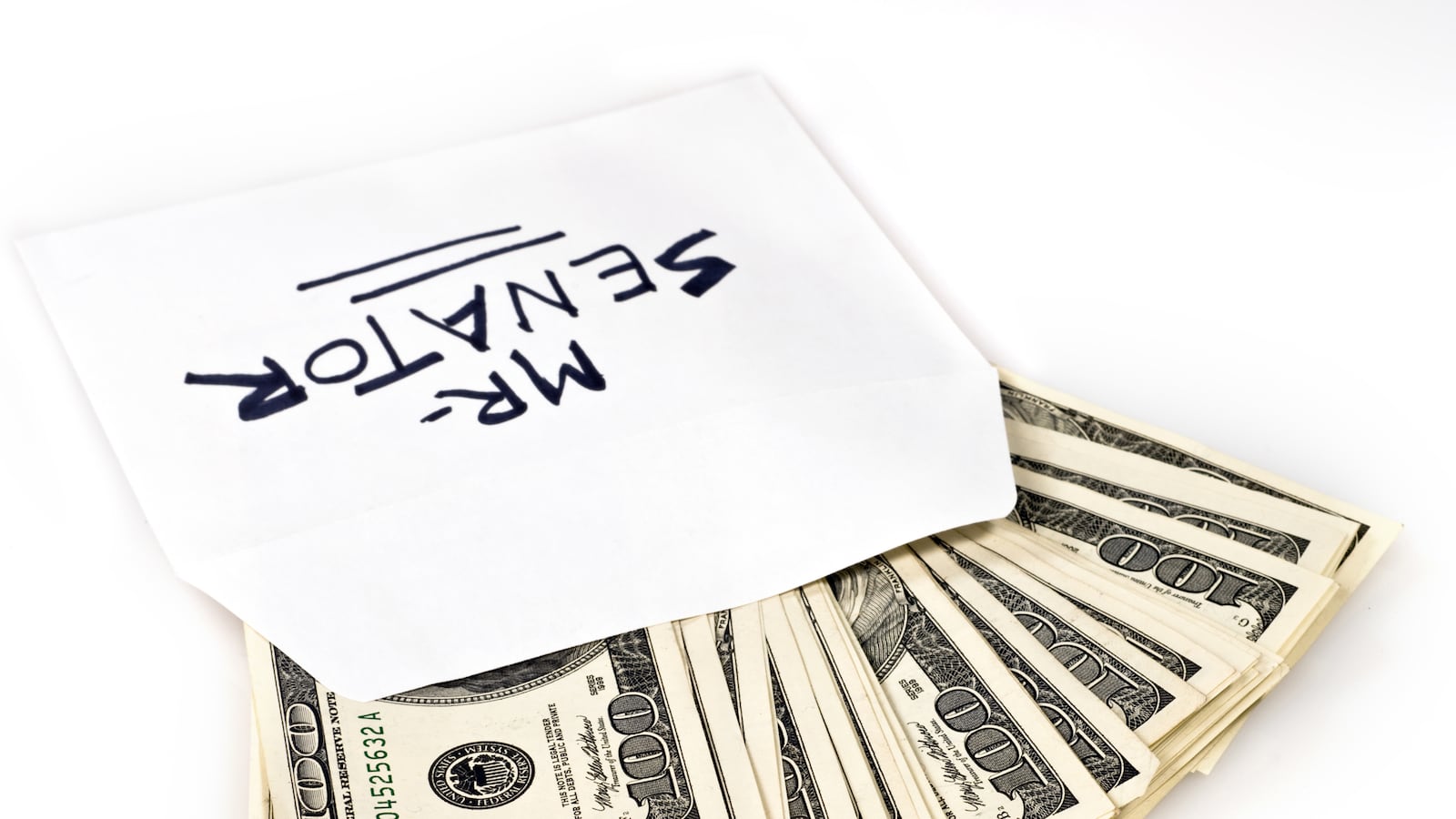This week the Supreme Court agreed to hear yet another challenge to campaign contribution limits. The folks who brought the suit think it’s unfair that rich people can’t give unlimited millions to politicians, and once again the court is anxious to oblige them. On the surface, this looks like another attack on our democracy: big plutocrats trying to buy the government. And it is.

Most Democrats and liberals will decry this blatant power grab, but not me. I’ve spent more than 30 years out on “the sharp end of the spear” running campaigns and raising political money, and I think this is a step in the right direction. Let me explain.
Previous court decisions have already opened the floodgates to torrents of anonymous contributions, or “dark money,” which now inundate the political process. Organizations with innocuous sounding names (”Freedom,” “Prosperity,” “Growth” are popular words), funded by secret donations, spend eye-popping sums to deluge voters with vitriolic attack ads, unfettered by truth, ethics, or conscience. These shadowy groups go to great lengths to mask the moneymen, often using complex shell games to hide their backers. And for good reason—their abuses are legendary.
But these tactics can win elections. In the heat of a closely fought campaign, the heavens open, and a tsunami of vicious, negative attack ads crashes down. The beneficiary of this largesse is then expected to publicly condemn the ads, and cry big crocodile tears over “negative campaigning.” Of course it’s all done with a nod and a wink. This is the new normal in American politics.
It gets worse. As unbelievable as it seems, after the Citizens United decision, it’s perfectly legal for Daddy Warbucks to stroll into Congressman Foghorn’s office and blatantly say, “If you don’t vote for/against this particular bill, my company will spend a million bucks against you next election.”
We are just beginning to understand the distorting effect this has on elections, especially in party primaries and down-ballot races. The new “dark money” has radicalized politics, and created gridlock by raising up ideologues who would rather bring the house down than fix the roof.
But what if the billionaire plutocrats could just give their massive sums directly to candidates? In 35 years on the campaign trail, I’ve never seen a big contributor who wouldn’t rather hand his check to Congressman Foghorn directly and get instant recognition. So if we took the contribution limits off, or raised them substantially, Daddy Warbucks could put his cash right in Congressman Foghorn’s hand, and the furtive “dark money” groups would wither on the vine.
Without these anonymous assassins, candidates would have to do their own mudslinging—right up front for the voters to see. No more third-party hit squads skulking in the shadows. No more transparent denials or crocodile tears.
Would this end the attack ads? Of course not. But at least candidates would have to take ownership of their attacks and be accountable to the fact checkers, the press, and the voters. If George W. Bush had been obliged to look into the camera and say, “I approve this message,” it’s unlikely the term “Swiftboating” would ever have entered the political lexicon.
The current case won’t quite solve this problem. It’s only about aggregate totals, letting Daddy Warbucks give to as many races as he wants, within existing individual campaign limits. But in the “dark money” age, it’s a step in the right direction.






